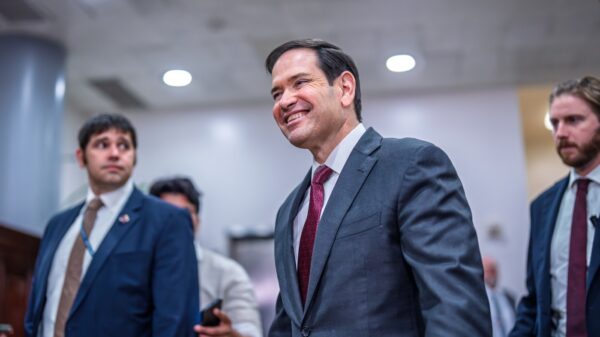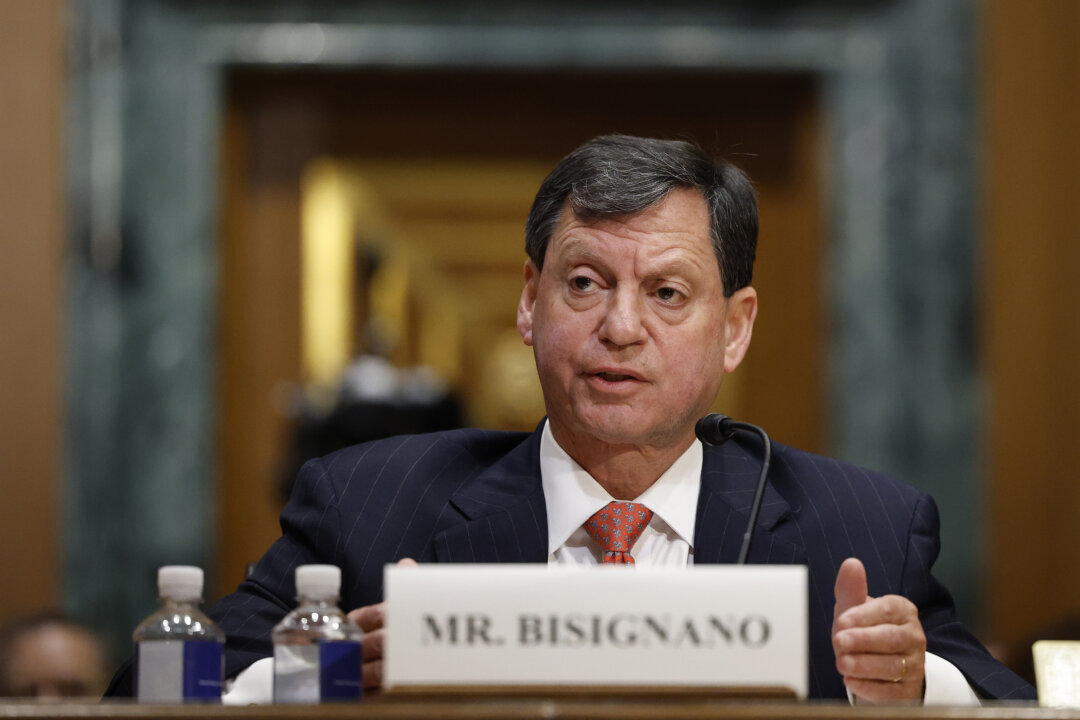The Commissioner of the Social Security Administration, Frank Bisignano, clarified that raising the retirement age is not being considered as a strategy to enhance the program’s long-term finances. His statement came in response to speculation after comments made during a recent television interview.
In a statement released on September 19, 2023, Bisignano emphasized, “Let me be clear: President Trump and I will always protect, and never cut, Social Security.” He highlighted ongoing reforms aimed at reducing waste, fraud, and abuse within the program as essential measures to ensure its solvency for future generations of Americans.
Clarification Following Interview Remarks
This clarification followed Bisignano’s appearance on Fox Business on September 18, where he mentioned that “everything’s being considered” regarding the future of Social Security. When specifically asked about the retirement age, he indicated that future generations might deal with “a different set of rules” compared to current beneficiaries.
Despite this remark, Bisignano’s recent statement aims to alleviate concerns among seniors and those nearing retirement age. The potential for raising the retirement age has been a contentious topic in American politics, often drawing criticism from various advocacy groups.
In his efforts to foster trust in the program, Bisignano reiterated that the Trump administration’s focus remains on safeguarding Social Security. “We have made many vital reforms,” he stated, underscoring the administration’s commitment to preserving the program’s integrity.
Impact on Beneficiaries and Future Reforms
As discussions about the future of Social Security continue, beneficiaries are keenly observing policy changes. The program, crucial for millions of Americans, has faced funding challenges in recent years. According to the Social Security Board of Trustees, the trust fund is projected to be depleted by 2035 if no reforms are implemented.
Advocates for Social Security argue that any alterations to the retirement age could disproportionately affect low-income workers who rely heavily on these benefits. As the conversation evolves, the administration’s commitment to maintaining the current retirement age remains a focal point for stakeholders concerned about the program’s future.
This ongoing dialogue reflects the broader national conversation about Social Security and its role in American society. While Bisignano’s comments may provide some reassurance, the complexities surrounding the program’s financial health and its impact on future generations continue to prompt scrutiny and debate.








































































